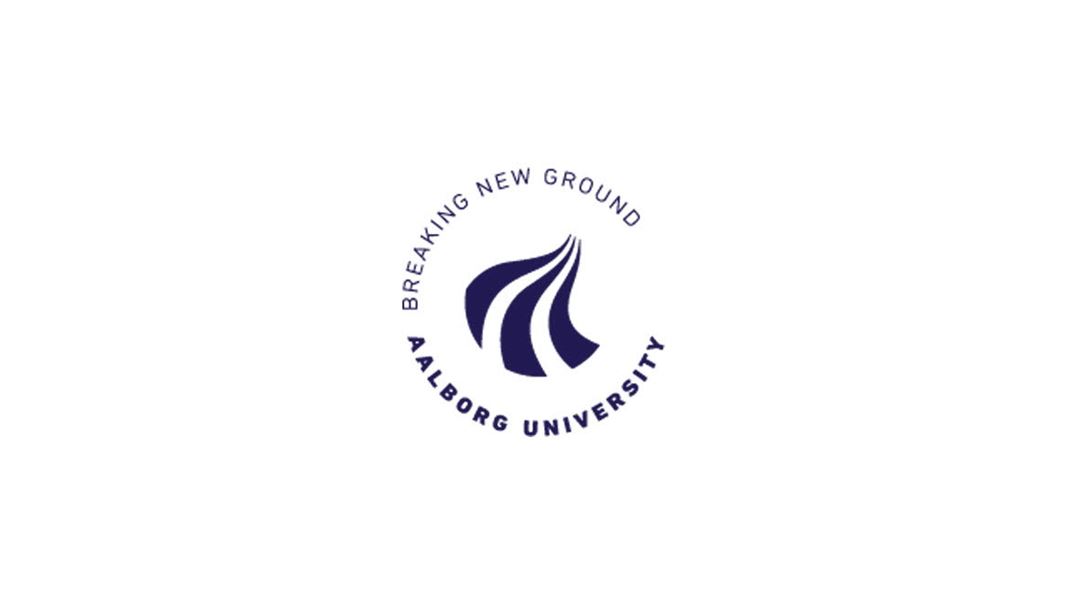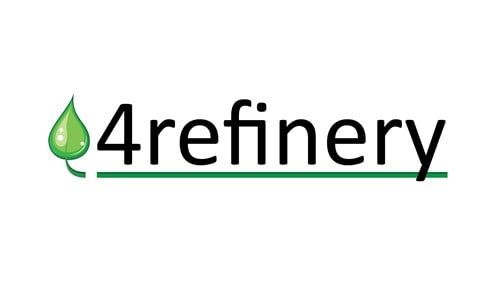AAU - AALBORG UNIVERSITET
AAU was founded in 1974 as Aalborg Universitetscenter (AUC – 1974-1994) with a student population of only 1,600, which has grown to some 23,700 in 2017, including more than 3,500 international students. Almost 40% of the students are within engineering and natural sciences, which makes AAU the largest engineering education institution in Denmark. In 2015, there were just under 1,000 PhD students enrolled in the AAU doctoral program. AAU is a campus-based university, with main campus in Aalborg and satellite campuses in Esbjerg (the major off-shore city in Denmark) and Copenhagen. In 2016, AAU Engineering was ranked 39 globally by the Shanghai Ranking (URWA). In 2017 and 2018, the US News & World report ranked AAU the no 1 engineering university in Europe and no 8 (2017) and 4 (2018) in the world, in their Best Global Universities Ranking. In a 2018 survey carried out by MIT, AAU is ranked the 4th best engineering university in the world.
AAU has 5 faculties: humanities; social sciences; health science and technology; engineering and science; and IT and design. Within all faculties, research spans from fundamental to applied.
The Department of Energy Technology (ET) consists of approximately 120 scientific staff, 100 PhD students, 60 guest researchers and 400 BSc and MSc students. For several years, ET has been faculty leader in terms of external research funding, publications and citations in both cumulative numbers and on a per-head basis. Several scientists have received high recognition in terms of awards and ERC grants, and the department has over the years established a strong research support unit as well as extensive, world class experimental facilities covering the range of research fields within the department. Within the field of HTL and advanced biofuels, ET hosts pilot scale facilities for continuous liquefaction as well as catalytic upgrading, supplemented by access to micro-scale parametric units and extensive analysis capabilities. Furthermore, actual fuel testing can be carried out in the lab.

